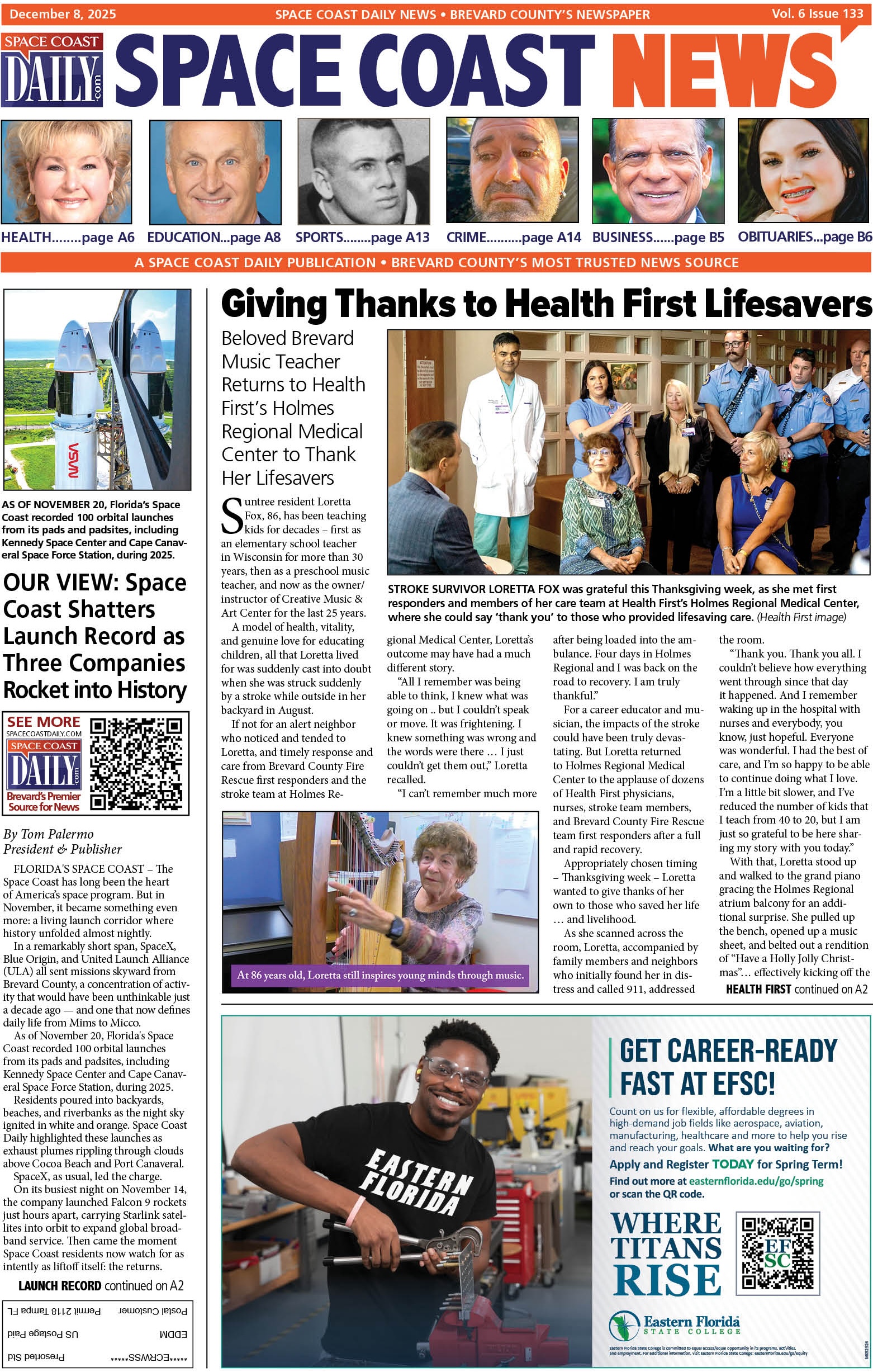Is It Okay to Buy Salvage Cars in Local Auctions?
By Space Coast Daily // December 4, 2023

The allure of purchasing salvage cars at local auctions is undeniable, given the potential for substantial cost savings and unique opportunities.
However, the decision to buy a salvage car is not without its complexities. Let us explore both the advantages and drawbacks, helping you determine whether it is okay to buy salvage in car auctions in California. These factors will help you make the correct decision.
The Pros
Let us delve into some advantages of investing in salvage cars.
- Cost savings
Undoubtedly, one of the most significant advantages of buying salvage cars is the potential for cost savings. Salvage cars are often priced well below their market value, making them an attractive option for budget-conscious buyers.
- Customization potential
Salvage cars provide a blank canvas for automotive enthusiasts and DIYers. The customization potential allows owners to tailor the vehicle to their preferences, from performance enhancements to aesthetic modifications, creating a personalized driving experience.
- Access to higher-end models
Salvage cars offer the opportunity to own higher-end or luxury models at a fraction of their original cost. For those who dream of driving a high-end vehicle, salvage auctions can turn that dream into a reality with some investment in repairs. Look for the best deals on salvage cars at https://www.autobidmaster.com.
- Environmental considerations
Choosing to buy a salvage car aligns with environmentally conscious values. By giving a salvaged vehicle a second life, buyers contribute to reducing automotive waste, promoting recycling, and minimizing the environmental impact associated with manufacturing new vehicles.
The Cons
Discussing a few cons of investing in salvage cars.
- Potential hidden issues
Salvage cars have a history of significant damage or total loss, and while repairs may have been performed, there could be lingering issues that are not immediately apparent. Hidden mechanical, structural, or electrical problems may surface after the purchase.
- Resale value concerns
The resale value of a salvage car is generally lower than that of a non-salvage counterpart. Future buyers might be wary of the history of the vehicle, impacting its resale potential. This can be a consideration for those who plan to sell or trade-in the vehicle in the future.
- Limited financing options
It may be challenging to finance a salvage car. Many traditional lenders are hesitant to provide loans for salvage vehicles due to their perceived higher risk. Buyers may need to explore alternative financing options or pay in cash.
- Insurance complications
Obtaining insurance for a salvage car can be more complicated than insuring a regular vehicle. Some insurance companies may offer limited coverage, or buyers may need to seek specialized insurance policies for salvage cars. It’s crucial to factor in insurance considerations when evaluating the overall cost.
- Uncertain repair costs
While salvage cars are attractive for their initial low prices, the cost of repairs can vary significantly. Assessing the extent of necessary repairs accurately can be challenging, and unforeseen issues may arise during the restoration process, potentially increasing overall expenses.
To sum up
The decision to buy salvage cars in local auctions ultimately depends on your individual circumstances, preferences, and risk tolerance. If you’re an experienced DIYer, have mechanical expertise, and are willing to invest time and effort into repairs, a salvage car can be a rewarding project. However, for those seeking a reliable daily driver without the hassle of extensive repairs, the uncertainties associated with salvage cars may outweigh the potential benefits.
Before diving into a salvage car purchase, conduct thorough research, obtain professional inspections, and carefully weigh the pros and cons. While buying a salvage car can be a viable option for certain individuals, it requires a well-informed and calculated approach to ensure that the decision aligns with your expectations and long-term goals.











